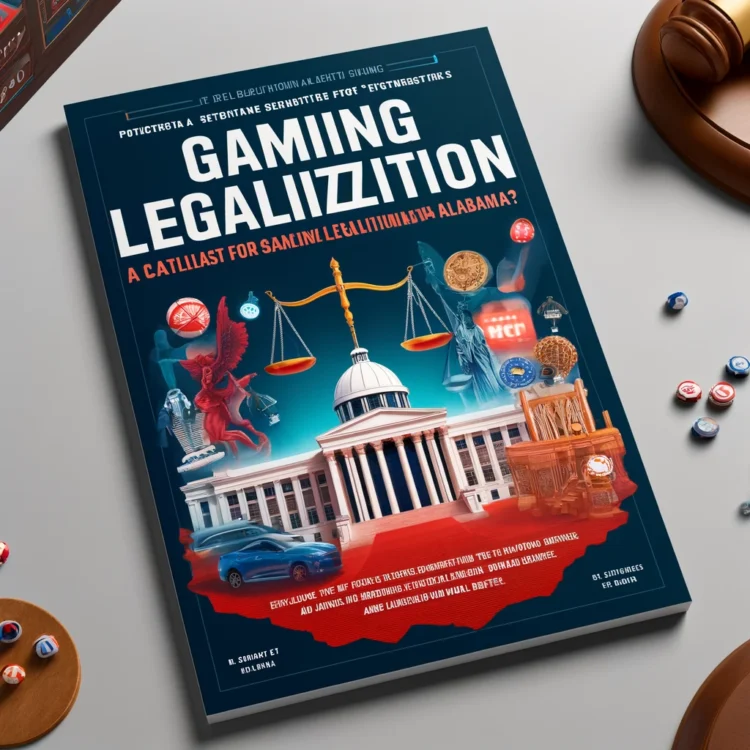A seemingly unrelated legal battle playing out in a federal courtroom could profoundly impact the future of gambling in Alabama. The case, centered on the potential redrawing of state Senate districts in Montgomery and Huntsville, may hold the key to whether the state legalizes casinos, sports betting, or a state lottery in 2025.
The backdrop for this potential shift lies in the narrow defeat of gambling legislation in the Alabama Senate in April. The bill fell short of passage by a single vote. This narrow defeat has sparked discussions about how redistricting could influence future legislative outcomes, particularly for gambling legislation.
Proponents of the legislation, which included both Democrats and Republicans, argued that casinos would generate significant tax revenue for the state, create jobs, and boost tourism. The Public Affairs Research Council of Alabama previously reported that gambling could lead to $749 million in annual state revenue. Other reports estimate the total could be as high as $1.2 billion. These figures highlight the potential economic benefits that gambling could bring to Alabama, making the issue a key focus for many lawmakers.
However, opponents, primarily on moral grounds, express concerns about the potential social ills associated with gambling. These include worries about addiction, crime, and other negative social impacts that often accompany gambling industries. This moral debate adds another layer of complexity to the gambling legislation issue, making the outcome of the redistricting case even more significant.
The redistricting case underway challenges the current state Senate district maps, alleging racial gerrymandering. The U.S. Supreme Court has already ruled that the Alabama legislature’s map violates the Voting Rights Act of 1965. This ruling sets a precedent that could significantly impact the redistricting process, potentially leading to a more equitable and representative Senate.
This November, the subject will return to federal court, as reported by AL.com. If the court finds the maps to be unconstitutional, it could order the legislature to redraw the districts. This redistricting process could alter the makeup of the Senate, potentially creating a more gambling-friendly body. However, there’s still only a slim chance it would make a difference for casino hopes or for statewide sports betting legalization. “I don’t think we’ll see gambling next year unless it’s lottery only,” Sen. Sam Givhan told AL.com.
In conclusion, the ongoing legal battle over Senate redistricting in Alabama could have far-reaching implications for the state’s stance on gambling. While the immediate impact might be limited, the potential for a more gambling-friendly Senate in the future could pave the way for significant legislative changes. The interplay between legal, economic, and moral arguments will continue to shape the debate, making this an issue to watch closely in the coming years.






